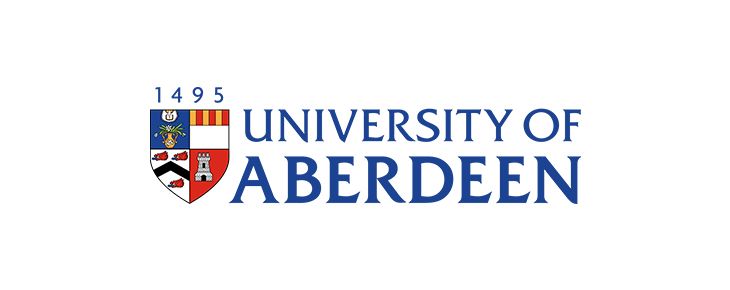University of Aberdeen: Composer aims to take Doric to the concert hall
When Robert Milne retired from his work teaching string instruments in schools across north Aberdeenshire, he returned to the classroom to pursue his first love of composition, first with a Master’s degree and now following through to PhD level at the University of Aberdeen.
As a Doric speaker, he was keen to see how Doric could partner with more formal musical styles and his latest work will be premiered at Forgue Kirk, near Huntly, on Sunday November 21, as part of the building’s bicentenary celebrations.
Robert said: “Musically, Doric has been associated with Bothy Ballads and humorous songs, but little, if anything, has been produced for the concert hall using the language.
“There has been a good revival of poetry and prose written in Doric, but new composition has lagged behind.
“I hope to remedy this as part of my PhD and the school of Language, Literature, Music and Visual Culture, which incorporates the Music Department and the Elphinstone Institute make the University of Aberdeen uniquely placed to support the project.”
Robert’s compositions aim to explore Doric’s range and depth and its ability to crystalize serious emotions. His latest work, Sangs For Gyan Up, makes use of Doric translations by Gordon Hay of verses from the Psalms.
“Many Doric speakers of a certain age will remember that when they started school they were expected to speak ‘proper English’ and speaking Doric in the classroom was liable to result in punishment,” Robert added.
“Doric was regarded as ‘sloppy English’ or even slang. Happily, this attitude has changed and the use of Doric is now being more actively promoted and I hope to enhance this further through my music.
“Far from being “bad English”, Doric is a distinctive dialect of the Scots language, with many cognate words with languages found around the North Sea, and some specialist vocabulary due to Aberdeen having been a major centre of trade with continental Europe at least as far back as the fifteenth century.
“One of the best ways to give a language status is to write it down and Doric survives in poetry and other literature from at least the nineteenth century to the present day. I hope I can make own contribution to this important tradition, taking Doric into the concert hall.”
Dr Tom McKean, Director of the University of Aberdeen’s Elphinstone Institute said: “When Robert first came to the Elphinstone Institute with his PhD proposal, he said he had been inspired by hearing about the Institute’s Doric Messiah. We are delighted to see Robert building on this and showing that Doric has no limits.
“Doric is traditionally seen as the language of home and family and is still under-used in the more formal walks of life. We don’t hear enough north-east voices in our media and in civic life.
“Robert is part of a new movement of talent encouraging people to embrace their language and to break down the social barriers which constrain its use.”
Professor Paul Mealor added: “As a Welshman, I understand the importance of language and its role in heritage and culture and have been fortunate to be involved in a number of Welsh language projects enhancing the status of the language through music.
“I am delighted to see Robert taking on this important, challenging work with Doric and wish him every success for his premiere. I’m sure audiences will enjoy hearing Doric in this medium and will appreciate the high standard of Robert’s composition.”

